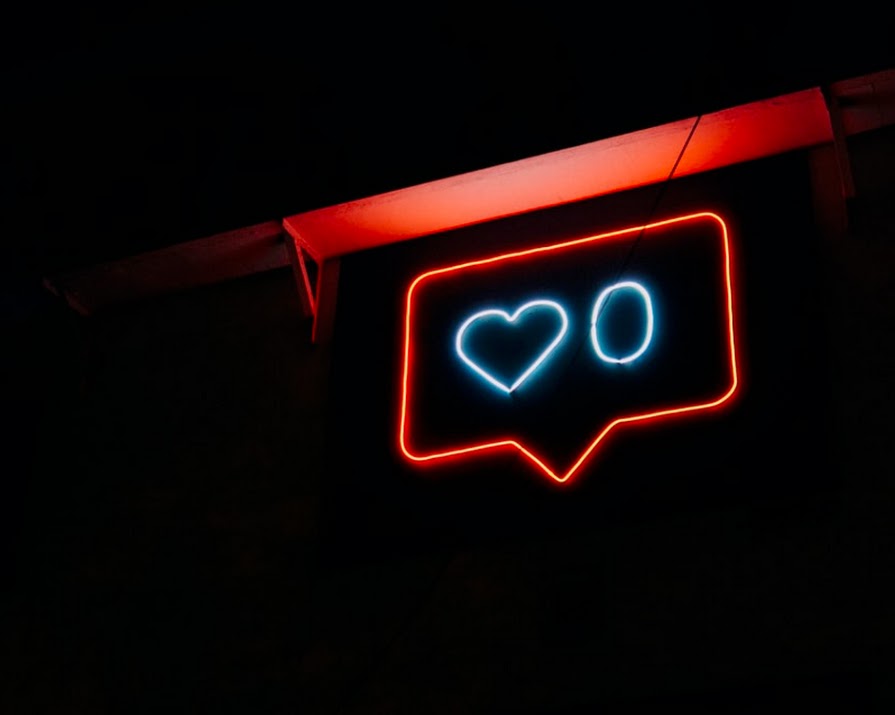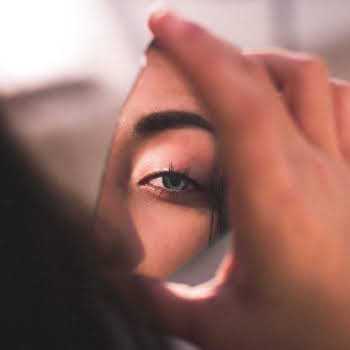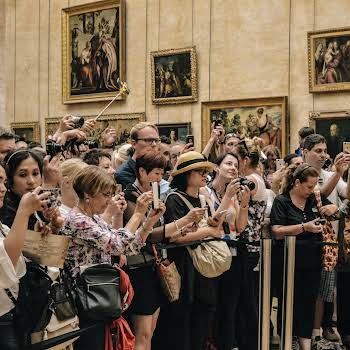
The psychology of Instagram and why hiding ‘likes’ may just have changed everything
By IMAGE
23rd Aug 2019
23rd Aug 2019
Will our self-validation fixation fade along with those little red hearts on Instagram? Brigid O’Dea muses on the fallible human habits that lurk beneath the photo-sharing platform.
I would have thought at 27, I wouldn’t care about Instagram likes. I should be using social media ironically. A paltry sub? Eleven likes thus infers that I am, in fact, a Rockstar.
I always know in advance which photos will solicit the most likes. You may all claim to hate them, but that beautiful red heart tells another story. Instagram loves selfies.
Related: Why I quit social media
Of course, there is a knack to the art of the selfie. The darling pose should not appear too studied, the caption self-mocking and, though we witness a trend in oozing smug satisfaction, be sure it is clear that is an appreciation of your situation, not your appearance. But be beautiful, obviously.
“Using social media for more than two hours per day has been independently associated with poor self-rating of mental health, increased levels of psychological distress and suicidal ideation.”
Wellbeing
Vain as I am, I’m okay with the selfie. Some might say I embrace it, if not indulge. But I am aware that there are more interesting art forms out there. So, I have been following with interest, the recent change Instagram introduced on a trial basis to a number of countries, including Ireland, that means users will not be able to view the number of likes a post receives on the social media platform.
Social media has come under increased criticism of late over the detrimental impact attributed to the platforms on the wellbeing of their users, particularly their younger users. A survey carried out in 2017 by the Royal Society for Public Health (RSHP), which included almost 1500 young people across the UK, rated Instagram as the most negative social media platform in regards to users’ health and wellbeing. The report also showed that ‘using social media for more than two hours per day has been independently associated with poor self-rating of mental health, increased levels of psychological distress and suicidal ideation’.
So, Instagram is making its platform more ‘user-friendly’. Adam Mosseri, Instagram head, claims that this (trial) change will relieve the stress of posting online by encouraging users not to obsess over the number of likes a post achieves. A spokesperson for the social networking service tells us ‘we want your followers to focus on the photos and videos you share, not how many likes they get,’. However, it must be noted that individual users will still be able to see how many likes their post gets, this information will just not be available to their followers.
Many sceptics do not accept the authenticity of these claims; that Instagram cares more about the wellbeing of their users than the profitability of their platform does not seem credible. Whatever the intention behind this change, there is rumbling that with users less fixated on likes, Instagram may become a more interesting space. Slán agus beannacht leis an formulaic feed!
Human behaviour
Though I cannot claim I have yet noticed the app remarkably more interesting in the fortnight since the change was updated on my own phone, I have certainly felt greater freedom in posting photos that I know would not traditionally attract a large number of likes. This includes a kombucha scoby facemask that looks like a human organ growing on my face – dreamy stuff indeed. The likes, I can tell you, are certainly down and though this does not go unnoticed, it is liberating for it to go unwitnessed.
Intermittent reinforcement, whereby rewards are handed out occasionally and inconsistently, is an incredibly strong reinforcer of human behaviour. (It is what allows us loose a week’s pocket money to the Bray slot machines.) Consider the liking mechanism as a reward system and it is clear that this pull of intermittent reinforcement is undeniably part of the appeal of the photo-sharing app. How many likes will this post reach? What can I do to increase the engagement next time?
“With the number of ‘likes’ a post receives neither guaranteed nor consistent, this behaviour becomes easily addictive as I strive each time for lots of those lovely red hearts”.
Influences
In psychology, we learn that the core principle of behaviour is ‘the consequences that follow a behaviour influence whether that behaviour will increase or decrease’ and that;
- Almost all human behaviour is learned
- All behaviours occur for a reason
- No behaviours occur “out of blue”
- Behaviours continue to occur because they are effective
- Behaviours stop occurring because they are ineffective
So, I learned that selfies garner likes, likes make me feel good and I keep posting photos of my face. With the number of ‘likes’ a post receives neither guaranteed nor consistent, this behaviour becomes easily addictive as I strive each time for lots of those lovely red hearts. Thus, it may bring some comfort to acknowledge that our common use of the social media platform is perhaps less an exhibit of personal fallibility but, in fact, a typical display of human behaviour.
What behavioural changes might we expect on the platform if our posting is no longer reinforced (or at least, not to the same extent) through hiding likes? Will this change lead to users experiencing less anxiety and more enjoyment? Might we expect to see the measuring status or self-validation via Instagram popularity become ineffective? Or perhaps might Instagram abandon this update altogether?
Whatever changes lie ahead in the world of Instagram, I plan to continue to reduce my quota of selfie sharing – I’ve enjoyed it, naturally, but it is unlikely that 27-year-old @_didge_ and her pout are quite ready for digital retirement.
The likes may be hidden, but there’s still plenty of space for flames in the comments section.
Brigid O’Dea is a writer and proud millennial
Image via Unsplash.com
Read more: How viral influencers are taking over Instagram
Read more: The rise of Internet rage
Read more: We need to talk about Facebook























